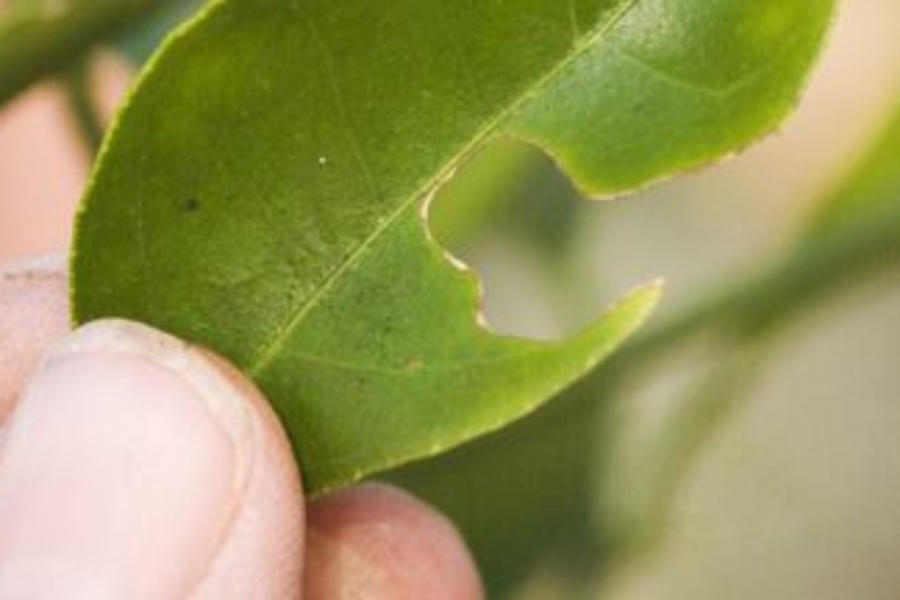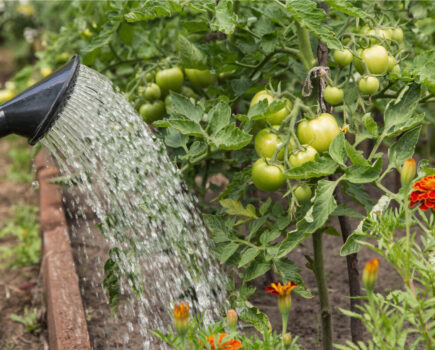There are a few timely jobs to do if you want a good crop of citrus fruit this year, says Kris
Pruning
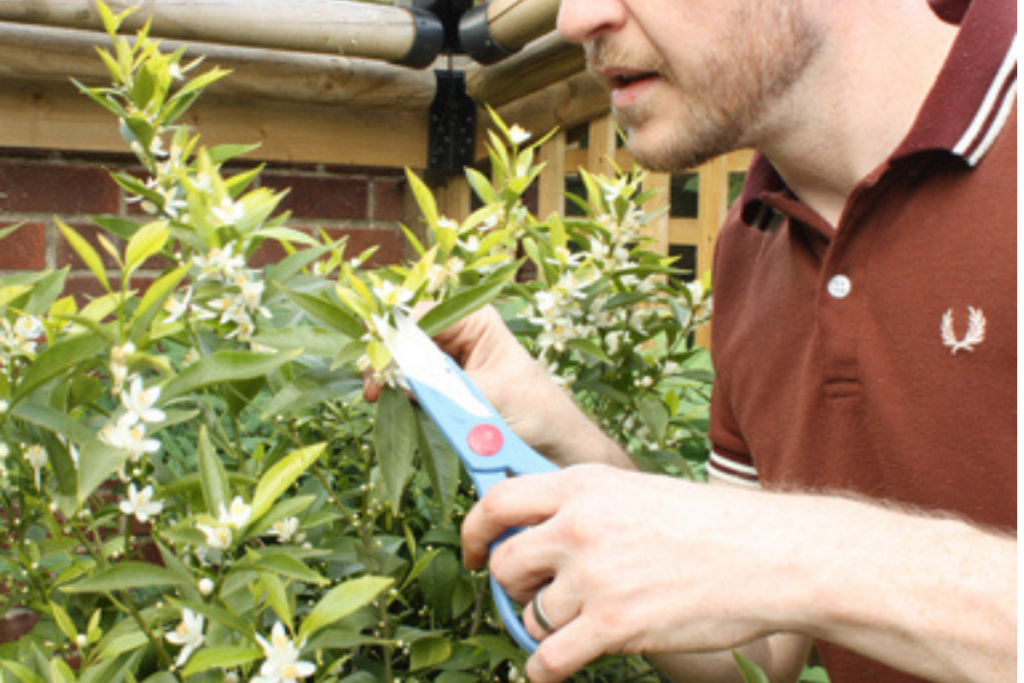
REMOVAL OF larger branches is best done in winter, but to encourage a bushy habit and increase branching lower down, new growths should now have their tips removed as they reach 4-6in (10-15cm) in length
Watering and feeding
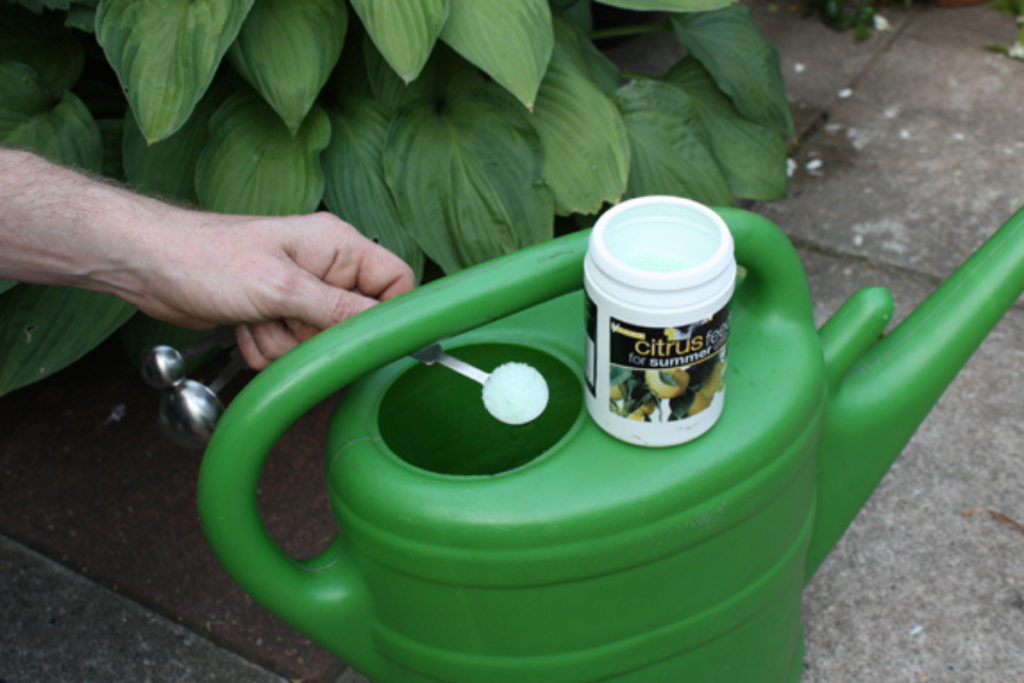
WATER PLANTS at least weekly. Smaller pots will need more frequent watering. Citrus like humidity, if this isn’t achieved use a fine spray on foliage to prevent leaf stress. Through the season add a summer citrus feed to the watering can once a week. This will encourage healthy foliage, flower and fruit growth. With this level of feeding it is best to wash the compost through with lots of water once in summer and again in autumn to avoid a build up of fertiliser salts.
Flowers and fruit

Most citrus are self fertile, but mandarin fruiting can be improved by cross pollination with an orange – simply grow one next to the other. The main blooming should take place in May, but healthy plants will repeat flower through the season, setting fruit each time.
Lemons in particular can produce too much fruit and may need to be thinned out to prevent damage to branches. Fruit setting is improved by misting the flowers with a fine spray.
Potting up
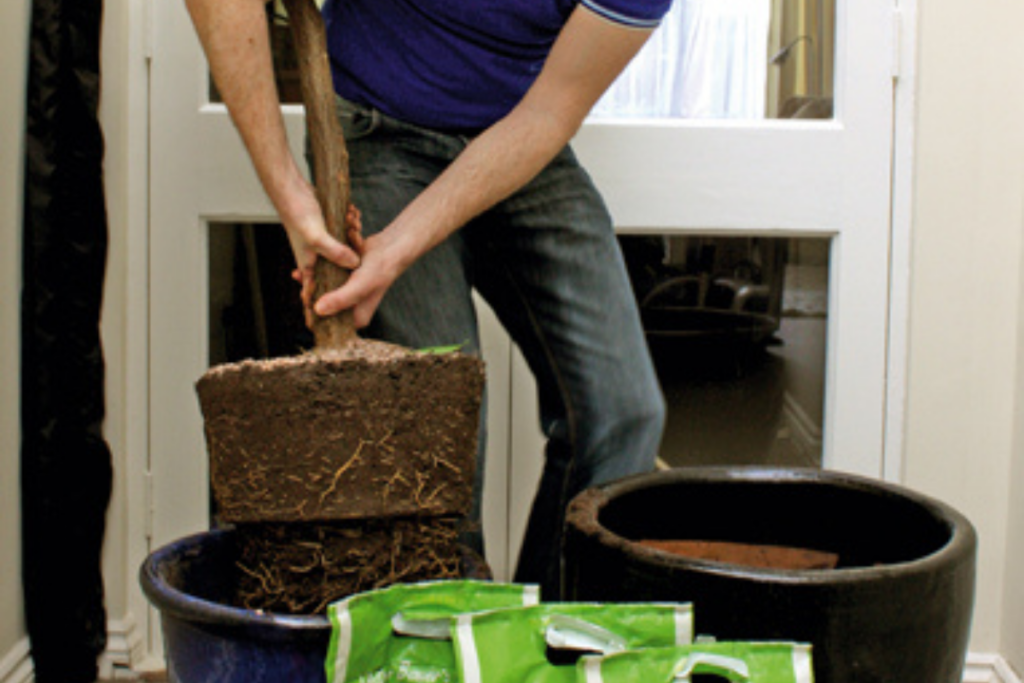
It is best to keep citrus plants in the same pot to retain a manageable size for moving in and out either side of the season. Rather than repotting, the plant is best lifted in February and the rootball trimmed by 2in (5cm) all around, then replaced with fresh compost around the exposed roots. However, if your plant is potbound at this time of year, it is best to pot on rather than trim the roots, using a citrus-specific compost or general soil-based mix with added grit.
Pest and disease
Just like most plants, citrus are prone to pest problems. Red spider mite, whitefly, aphids, thrips, mealybugs, scale, caterpillars and vine weevil can all cause problems. As soon as infestation or damage is spotted take appropriate action.
Sprays such as Provado Ultimate Bug Killer should tackle most problems, a specific vine weevil product like BugClear Ultra Vine Weevil Killer will be needed if these become a problem on your plants.
Find more tips, advice and articles like this at the Amateur Gardening website. Subscribe to Amateur Gardening magazine now

